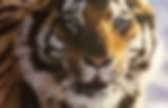

ENGLISH.
Reporting Resources. Reporting is not just tied to assessment.
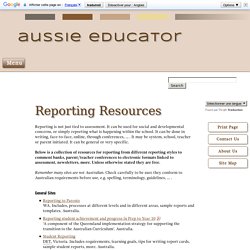
It can be used for social and developmental concerns, or simply reporting what is happening within the school. It can be done in writing, face-to-face, online, through conferences, … . It may be system, school, teacher or parent initiated. It can be general or very specific. Below is a collection of resources for reporting from different reporting styles to comment banks, parent/teacher conferences to electronic formats linked to assessment, newsletters, more. Remember many sites are not Australian. General Sites Reporting to ParentsWA.
Parent-Teacher Conferences Includes, conferences, student-led conferences, more. Australian Helpful Hints for Parent Teacher MeetingsA brochure containing suggestions from the Tasmanian State Schools Parents and Friends Inc.. Other 5 Tips for Successful Parent Teacher ConferencesYouTube video [approx. 10 mins.] designed mainly for parents. Report Card Comments Student-led Conferences. Science news and science jobs from New Scientist - New Scientist. National Geographic - Inspiring People to Care About the Planet Since 1888. 100 Incredible Science Lectures For The Flipped Classroom. Open source, for both the classroom and the self-educator, proves an absolutely swoon-worthy digital ocean of information.
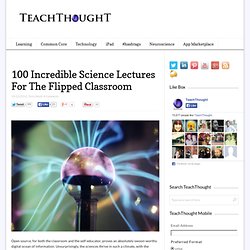
Unsurprisingly, the sciences thrive in such a climate, with the Internet positively flooded with panels, lectures, Q&As, talks, complete and incomplete classes, demonstrations, and other conduits through which education flows. Our 2009 listing featured some of the best around, but it didn’t even scratch the surface of available content. Adding an additional 100 on top of that won’t, either! All the same, though, that doesn’t mean we’ll stop showcasing some great viewing, reading, and listening from the most impassioned researchers! When moving forward, please keep in mind that none of these lectures are to be considered ranked, and many require flipping forward to other videos. Because science and engineering so often build upon and influence one another, understanding their codependent relationship leads to a greater appreciation for and comprehension of both.
New Classrooms Can Change Children's Brains. Children come to school with different aptitudes, many of which determine their ability to learn.
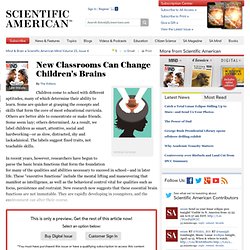
Some are quicker at grasping the concepts and skills that form the core of most educational curricula. Others are better able to concentrate or make friends. Some seem lazy; others determined. As a result, we label children as smart, attentive, social and hardworking—or as slow, distracted, shy and lackadaisical. The labels suggest fixed traits, not teachable skills. In recent years, however, researchers have begun to parse the basic brain functions that form the foundation for many of the qualities and abilities necessary to succeed in school—and in later life. Select an option below: Customer Sign In *You must have purchased this issue or have a qualifying subscription to access this content.
Wildwalks - Your online Bushwalking, Hiking and Camping Guidebook for NSW.
Biology. iPad Pedagogy. iPad Classroom. Behaviour Management. Physics. Simulations. Science projects. 6 weird science experiments. With just a few items nearly everyone can find at home, you can do amazing science experiments.
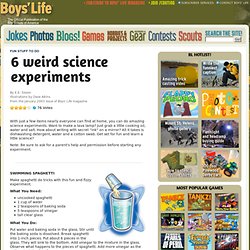
Want to make a lava lamp? Just grab a little cooking oil, water and salt. How about writing with secret “ink” on a mirror? All it takes is dishwashing detergent, water and a cotton swab. Get set for fun and learn a little science? Note: Be sure to ask for a parent’s help and permission before starting any experiment. Make spaghetti do tricks with this fun and fizzy experiment. What You Need: uncooked spaghetti1 cup of water2 teaspoons of baking soda5 teaspoons of vinegartall clear glass What You Do: Put water and baking soda in the glass. What’s Going On: When baking soda and vinegar are mixed together, a chemical reaction occurs. Write an invisible message on a mirror using a soapy solution and a cotton swab.
Liquid dishwashing detergentcup of watera few cotton swabshand mirror or bathroom mirror Place a few drops of dishwashing detergent into the cup of water. stir to mix well. What’s Going On : Science for Kids - Fun Experiments, Cool Facts, Online Games, Activities, Projects, Ideas, Technology. Natural Sciences. Science Test.